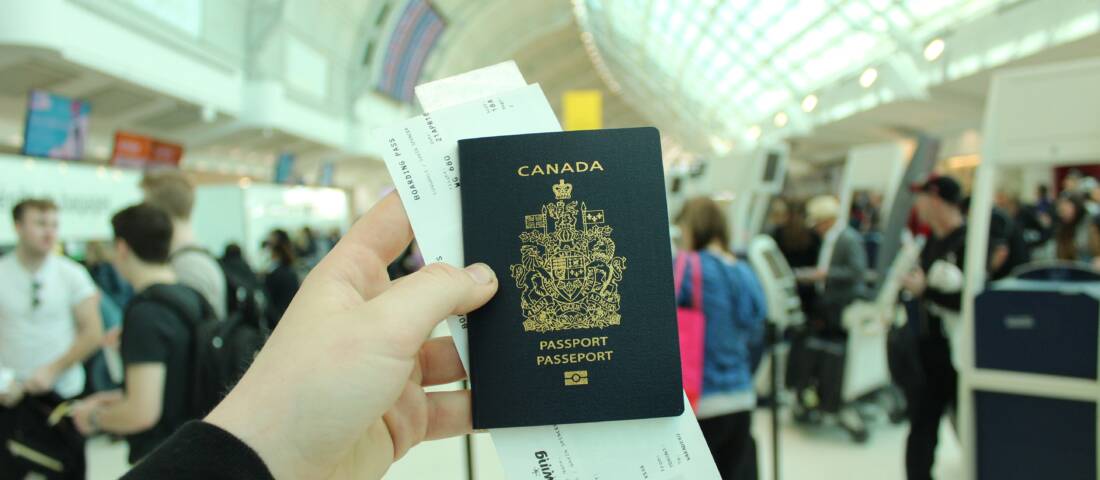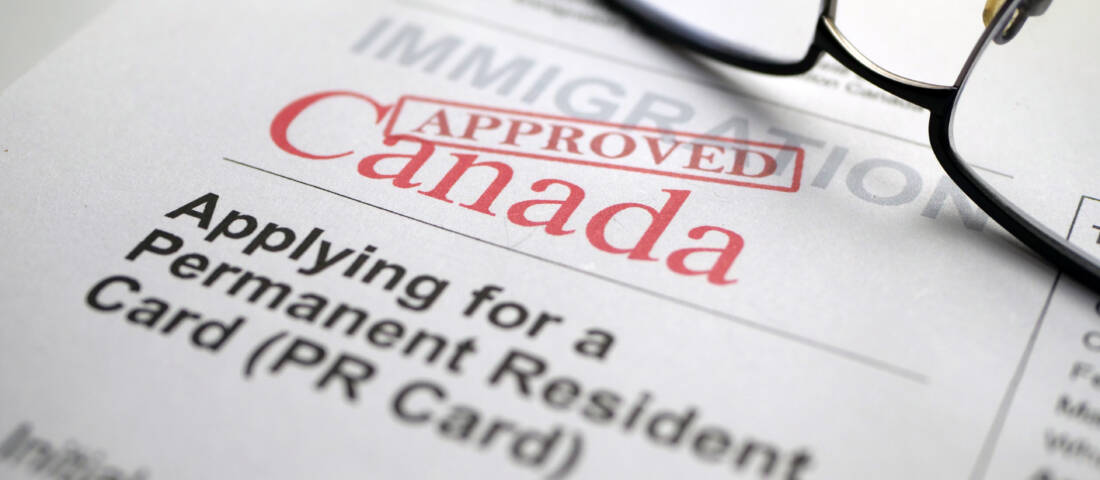New research by the University of Toronto's Citizen Lab says AI (Artificial Intelligence) recently implemented by the Canadian government in pilot programs "could lead to "life-and-death ramifications" for immigrants and refugees."
Petra Molnar, one of the authors of the report, says A.I. has a "problematic track record" when it comes to gender and race:
"Because immigration law is discretionary, this group is really the last group that should be subject to technological experiments without oversight."
Canada is making a significant investment in AI, according to The Globe and Mail, and "the federal government charged the Canadian Institute for Advanced Research (CIFAR) with spearheading the $125-million Pan-Canadian Artificial Intelligence Strategy."
Canada's two immigration AI pilot projects use artificial intelligence to sort through temporary resident visa applications from China and India. Experts say Canada’s use of artificial intelligence in immigration could lead to a break of human rights.
According to Canada immigration lawyer Evelyn Ackah,
People's lives are at stake when immigrants and refugees apply to move to Canada. Automated decision making -AI - is problematic because it can't take into consideration the nuances of each individual's immigration application. Trained, experienced immigration experts should screen and evaluate each immigration visa application at the border, in immigration offices and in the legal system. While technology is an important and useful tool to enhance our system, it cannot be the final decision maker when Canada's security and people's lives are at stake.
Mathieu Genest, a spokesman for Immigration Minister Ahmed Hussen, told Global News, "the analytics program helps officers triage online visa applications to process routine cases more efficiently.”








